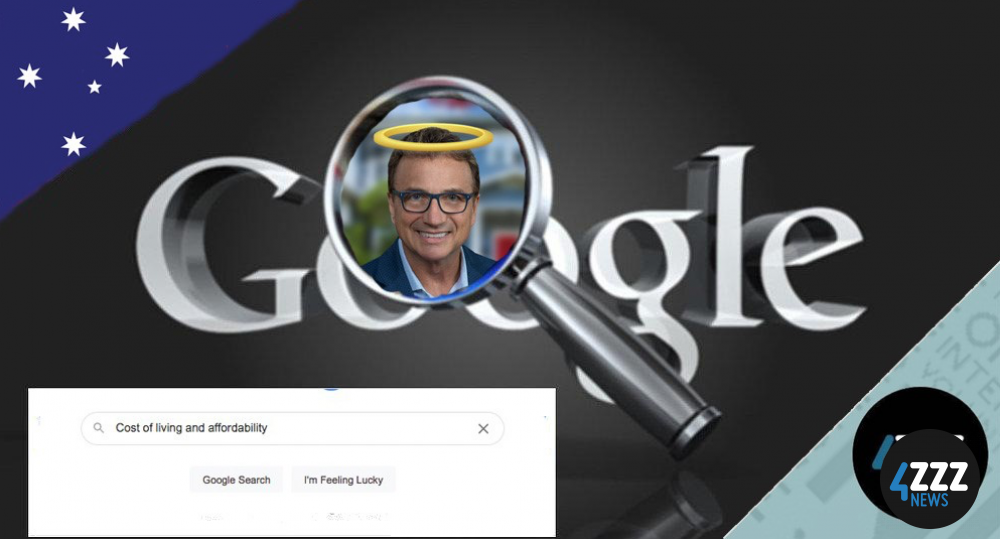
Do you know how Google or other ‘search engines’ results can be misleading? Do you understand what Search Engine Optimisation or SEO is? Have you given thought to the power digital searches may have in finessing your opinions and possibly your voting decisions?
4ZZZ's Toni Pankaluic and Eliot Rifkin chatted with Anita Diamond, a Political Analyst, formerly with People Decide about Google’s influence over our news in general as well as our politics.
For a deep dive...
For alternative search engines to Google: Check out DuckDuckGo or Bing.
To search for sources within an academic context, and not rely on Google's personalised filtered search results:
RefSeek - An academic search engine for students and researchers. Locates relevant academic search results from web pages, books, encyclopedias, and journals
WorldCat - A union catalog that itemises the collections of tens of thousands of institutions, in many countries, that are current or past members of the OCLC global cooperative.
Link.Springer - Providing researchers with access to millions of scientific documents from journals, books, series, protocols, reference works and proceedings.
RePEc - Stands for Research Papers in Economics: a collaborative effort of hundreds of volunteers in 102 countries to enhance the dissemination of research in Economics and related sciences.
Some useful terms in relation to SEO:
Anita is also a budding new local artist who specialises in the piano and is a vocalist. She covers a wide range of different songs and loves the diversity of music genres. Check them out: